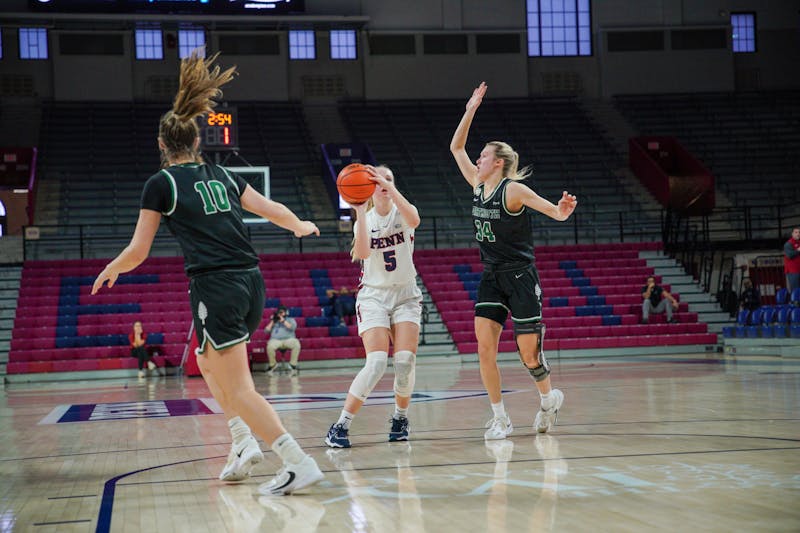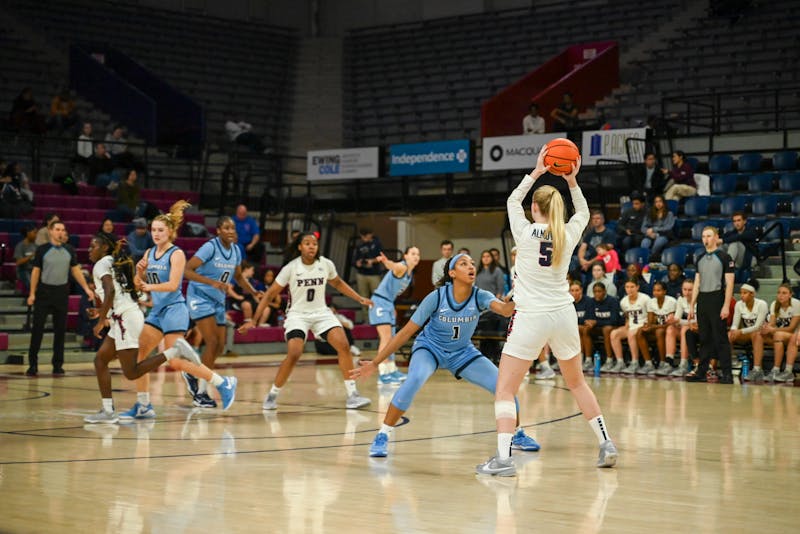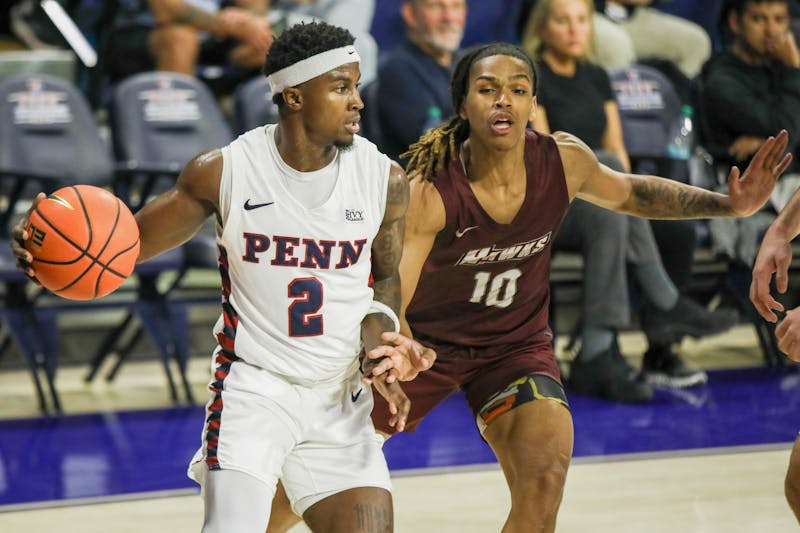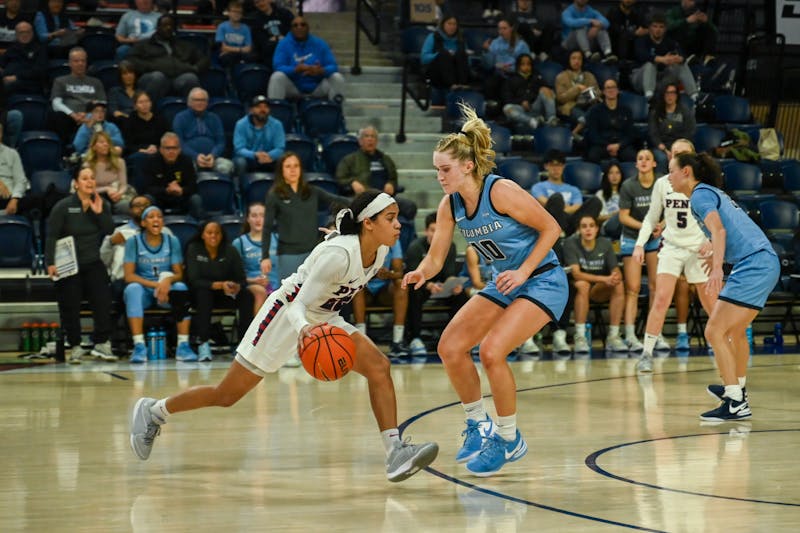
Penn offers various submatriculation routes for undergraduates pursuing post-graduate education within the University.
Credit: Layla NazifPenn offers various admission routes for undergraduates pursuing post-graduate education within the University, including submatriculation programs, professional degree pathways, and deferred enrollment options.
The University’s standard submatriculation process offers Penn undergraduate students statistical advantages in acceptance rates and specialized applications. The graduate programs span more than half the departments in the School of Arts and Sciences and the School of Engineering and Applied Science, including data science, chemistry, and English.
However, pre-graduate path students can also participate in specialized professional degree options, such as the B.A./J.D. submatriculation program through the University of Pennsylvania Carey Law School and Wharton’s Moelis Advance Access Program.
The B.A./J.D. program accepts applications from College and Wharton undergraduate students in their junior year. Accepted students begin taking courses during senior year, allowing them to count up to 8 court units — four courses — towards both their bachelor’s and law degrees.
The Penn Carey Law submatriculation application process for College students requires a minimum 3.4 GPA, an independent study or advanced-level seminar during the student’s junior year, and a score from either the LSAT, GRE, or GMAT. Applicants also must submit a curriculum plan of study developed with a College advisor and an essay describing the student’s experience in the College and its relation to law.
Additionally, students applying must receive approval from a College committee before the law school makes its final decision.
Wharton undergraduate applicants to Penn Law’s submatriculation program must complete at least 28 course units and fulfill specific Wharton curriculum requirements. Submatriculants can count up to five law courses as electives and four graduate business courses toward both degrees.
For traditional applications, Penn Carey Law states that they do not have numerical “cut-offs,” or use an admissions index.
Wharton also offers students the chance to apply for a guaranteed deferred enrollment program through the Moelis Advance Access Program.
While not specific to Penn students, this program allows students in their final undergraduate year and full-time graduate degree programs a “guaranteed pathway” to the Wharton MBA following two to four years of work experience.
Penn students showed an overall significant success rate with applying to graduate programs, according to databases published on the Penn Career Services website.
A total of 87% of the 222 Penn students who applied to law school in 2023 were accepted to at least one law school, while 81% of 226 Perelman School of Medicine applicants were accepted to one or more accredited M.D. or D.O. programs. While there were only 11 dental school applicants from Penn for 2023, all but one were accepted.
Across all medical, law, and dental schools that Penn undergraduates applied to, the most frequently applied graduate school in each of the respective graduate fields was the respective Penn graduate school.
Data also showed that Penn students seemed to have a graduate acceptance advantage from attending the undergraduate institution.
In the 2022-23 law school application cycle, 51 Penn students were admitted to Penn Carey Law out of a total of 149 applicants, representing a 34% acceptance rate. In comparison, that same year, the law school overall saw a total of 6,816 applicants and accepted 664, resulting in a 9.74% acceptance rate.
A similar pattern emerged with the Perelman School of Medicine, with 22 out of 190 Penn applicants being admitted for fall 2024, representing a 12% acceptance rate compared to its overall acceptance rate of around 3.8% across 6,288 applicants.
However, similarly higher acceptance rates were seen at other elite law and medical schools that had large volumes of Penn applicants, including Columbia Law School, Georgetown University Law Center, Harvard Law School, and New York University School of Law.
The Daily Pennsylvanian is an independent, student-run newspaper. Please consider making a donation to support the coverage that shapes the University. Your generosity ensures a future of strong journalism at Penn.
Donate












